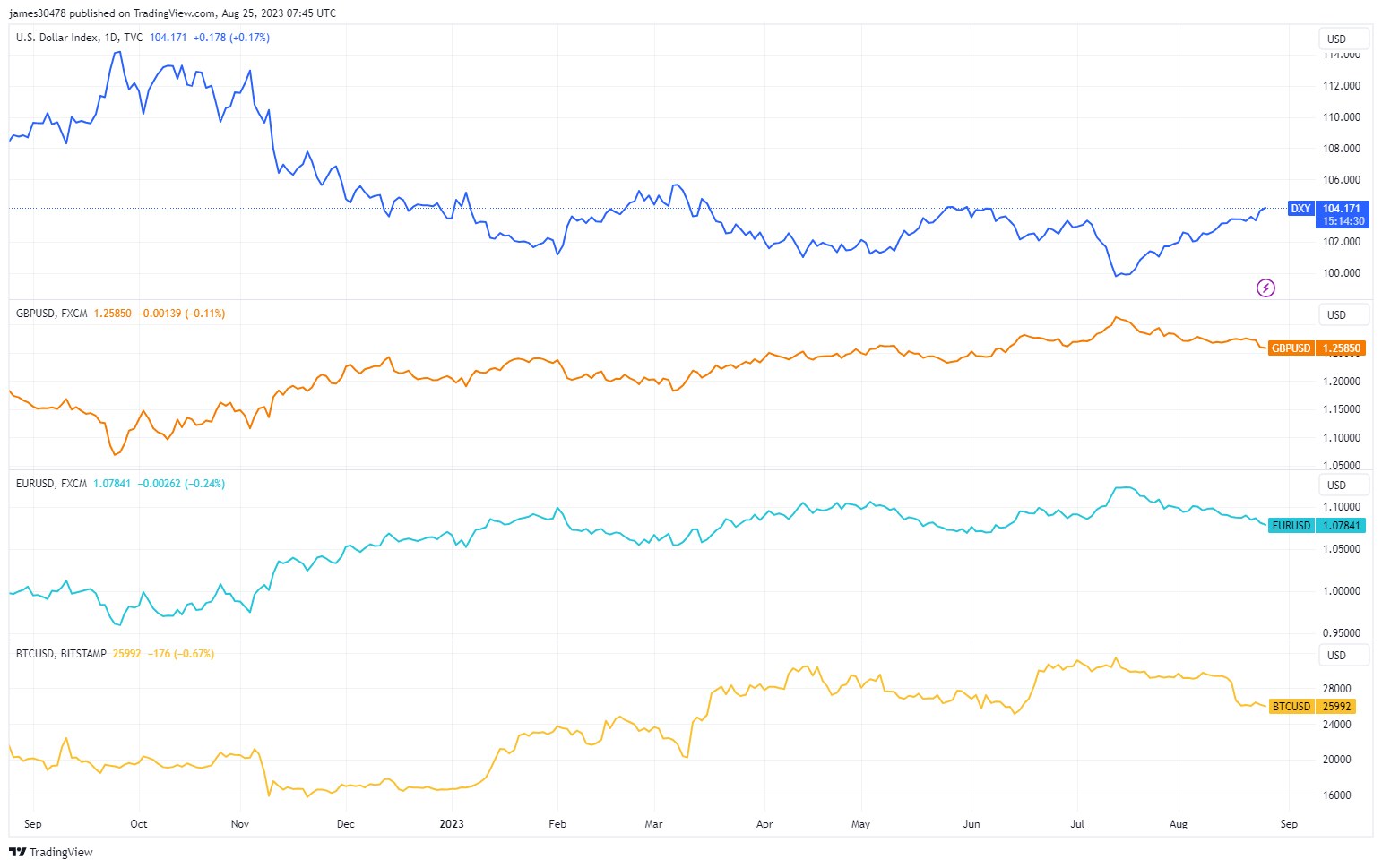SoftBank subsidiary to develop semiconductor chips, reports profits after AI shift
SoftBank-owned processor designer Arm has announced plans to develop its own in-house artificial intelligence (AI) chips on the back of AI-related profits.
On May 13 a report from Nikkei Asia said that Arm is setting up a division for developing AI chips, with its first protocol to be released by spring 2025 and mass production anticipated by autumn of the same year.
It was reported that Arm will be taking up the initial costs of development, estimated to be in the hundreds of billions of yen, with contributions from SoftBank which owns a 90% stake. After mass production is up and running, there is a possibility for the AI chip business to spin off under SoftBank itself.
SoftBank is reportedly already in negotiations with Taiwan Semiconductor Manufacturing Corp, among others, to secure capacity for producing the chips en masse.
Arm is responsible for providing the technology that is used in the main chips of “almost all smartphones and tablets,” according to the company. It holds a share of more than 90% in architecture for processors used in smartphones.
Additionally, Arm supplies architecture to Nvidia - one of the market’s leading AI chip developers. In developing their own chips for high-level AI models, Arm aims to reduce its reliance on Nvidia.
Related: Elon Musk’s AI spinoff is seeking $4B that could level up Grok: Report
This comes after SoftBank reported a net profit in the final quarter of its financial year for 2024 after the company shifted its focus toward AI. Arm was a major part of the company’s outlook for the upcoming year.
SoftBank chief financial officer Yoshimitsu Goto told a press conference in Tokyo that growing interest and development in the AI sector is a key focus for the group:
"Arm is at the core of SoftBank Group's AI shift which will create a new ecosystem, along with the various assets we've held for a long time that are using AI, centered on the Vision Fund.”
Arm’s stock surged by 30% this February due to its forecasted ambitions in AI. It is among one of the many technology developers looking to develop AI chips in-house and wean off of a reliance on Nvidia.
On April 15, Samsung said it secured a $6.4 billion grant to expand its Texas facility for semiconductor chip manufacturing, with an anticipated $45 billion invested by the end of the decade.
In February, it was reported that OpenAI, the company behind one of the world’s most powerful AI chatbots ChatGPT, is seeking trillions of dollars in investments from investors worldwide to begin manufacturing its own chips.
Magazine: ‘Sic AIs on each other’ to prevent AI apocalypse: David Brin, sci-fi author




